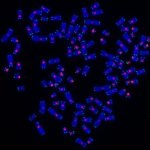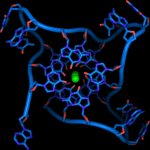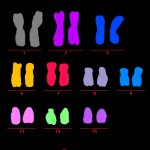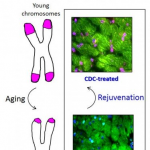
News • Surprising insights
Research explains how tumor cells die after radiotherapy
Why does radiation therapy kill cancer cells from the same tumour in different ways? This has long remained poorly understood. Now, new findings open up opportunities to improve treatment.












